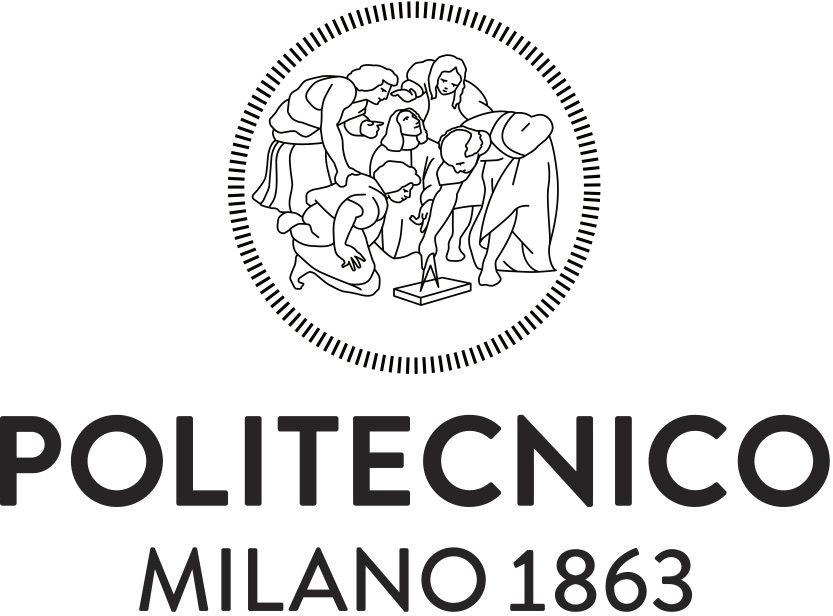With Aldo Bongio (WebRatio), Jordi Cabot (ICREA and UOC), Hamza Ed-douibi (EMN) and Eric Umuhoza (Politenico di Milano), we worked on a research on Automatic Code Generation for Cross-platform, Multi-Device Mobile Apps. We presented our study at the MobileDeLi workshop, where we reported on a comparative study conducted to identify the best trade-offs between different … Continue reading Automatic Code Generation for Cross-platform, Multi-Device Mobile Apps. An Industrial Experience
Tag: domain specific language
IFML: and here comes the official logo!
The Object Management Group (OMG) has released today the new official logo of IFML, the Interaction Flow Modeling Language that became a standard in March 2013.The logo is inspired from the well-known UML logo. This is not just a graphical similarity. The aim is to underline immediately in the name and visual representation that IFML is … Continue reading IFML: and here comes the official logo!
IFML is now adopted and published by OMG, Wikipedia, and YouTube
Along with the continuing consolidation process of the Interaction Flow Modeling Language (IFML) within OMG, we are now starting our effort of documenting and disseminating IFML.The three most recent resources I wish to point at are:Official publishing of IFML in the OMG specification catalogA new Wikipedia page on the languageA new demonstration video on the … Continue reading IFML is now adopted and published by OMG, Wikipedia, and YouTube
My new book on Model-Driven Software Engineering
Model-Driven Software Engineering in Practice. See more on www.mdse-book.com. I'm really proud to announce that a huge joint effort with Jordi Cabot and Manuel Wimmer has finnally reached his end. Our new book on model-driven software engineering, on which we have been working for almost one year, is finally published! The book is titled Model-Driven Software … Continue reading My new book on Model-Driven Software Engineering
Presentation at Code Generation 2012: User Interaction Modeling: current status of the standardization process
Together with Emanuele Molteni, I will give a speech at Code Generation 2012 on: User Interaction Modeling: current status of the standardization process, from the requirements to the language.In this presentation we will go through our 15-years experience of user interaction modeling for the Web, based on WebML and WebRatio, and we will delve into … Continue reading Presentation at Code Generation 2012: User Interaction Modeling: current status of the standardization process
Building DSLs: who, how and when
Due to a recent discussion I had to spend some time thinking on who should build a DSL (Domain Specific Language) and why, as opposed to who should use it.Let's start from some basic assumptions:Good abstractions must be intuitive and make life easier, not harder. DSLs are a must-have for most application scenarios (I'm not … Continue reading Building DSLs: who, how and when
Some thoughts on DSLs (Domain Specific Languages)
Domain-Specific Languages (DSLs) are design and/or development languages that are designed to address the needs of a specific application domain. DSLs are particularly useful because they are tailored to the requirements of the domain, both in terms of semantics and expressive power (and thus do not enforce end users to study more comprehensive general-purpose languages) … Continue reading Some thoughts on DSLs (Domain Specific Languages)



